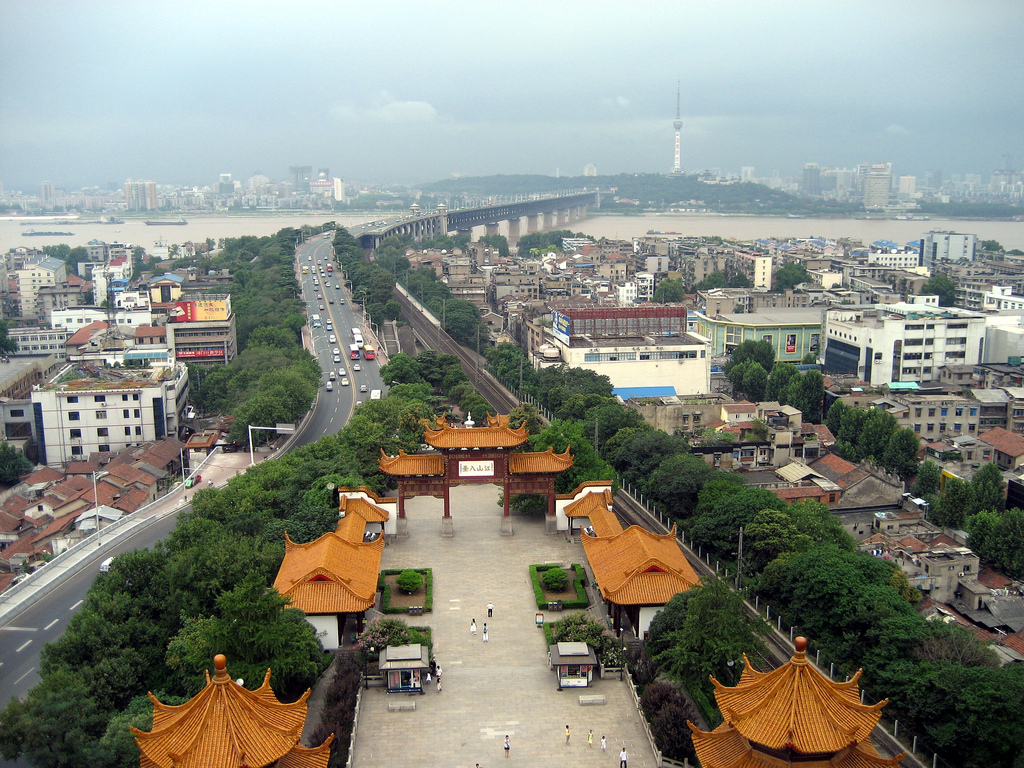China’s meteoric economic rise has relied on hundreds of millions of rural migrants. These migrants make incredible sacrifices for the economic opportunity of moving to a city, often leaving behind their children and their homes. In fact, these workers’ struggles stem from a seemingly benign migration control policy called “hukou”—a household registration system that controls the movements of Chinese residents and defines people by birthplace as either urban or rural. Hukou status cannot change, so even when rural migrant workers find employment in large cities such as Shanghai, they retain rural hukou status.
Holding a non-local hukou in an urban area drastically hinders access to basic social services, such as public schooling, subsidized medical care, and unemployment insurance. In a country with widespread negative stereotypes about the rural poor, the hukou system only exacerbates the rural-urban divide. To improve the hukou system, the government must implement reforms that benefit those moving from the countryside and into cities.
Urbanites and government leaders have rendered past hukou reform attempts ineffective. Urban residents have an economic interest in pushing for the status quo and many possess prejudiced attitudes toward migrants. One-third of Shanghai urbanites claimed they would not want a rural neighbor; only one-tenth felt the same way about having a poor one.
Unfortunately, the reforms that have managed to pass have just created new obstacles for rural migrants. For example, a 1996 law gave migrant children the right to attend elementary and middle school in the cities where their parents worked. Schools responded with temporary resident fees and additional verification requirements for the children of rural migrants, deterring migrants from bringing their children to urban areas. And since the law did not extend to high schools, the few children who did benefit had to return to the countryside to finish their education.
In 2013, the government tried to introduce more drastic changes. New policies gave rural residents the ability to gain urban hukou in third-tier cities with smaller populations and fewer economic opportunities than first-tier cities. However, though rural status is associated with inconveniences and discrimination, it also comes with its share of benefits: A rural hukou guarantees its holder a small plot of land in the countryside and allows them to be subject to a more relaxed birth-control policy. Most migrants thought the perks of rural hukou outweighed the meager benefits of third-tier urban hukou, so the 2013 reforms failed to produce any substantial changes.
China’s most recent attempt to liberalize hukou has allowed rural hukou holders to apply for first-tier urban hukou based on a points system which takes into account adherence to the local birth-control policy, educational attainment, and employment seniority. These reforms help well-educated elites, but do little for China’s migrant underclass. The burdensome process of applying for urban hukou and the low likelihood of finding affordable housing in a first-tier city has discouraged many migrants from taking advantage of these reforms.
It’s important to acknowledge that the Chinese Communist Party (CCP) is unlikely to eradicate hukou, which plays an important role in social control. To produce any substantial impacts, future reforms should focus on equalizing treatment toward holders of different types of hukou, rather than providing more opportunities for migrants to apply for higher-tier hukou.
First, migrant workers should be treated as a protected class, similar to an ethnic minority. Migrant children, like rural children in the United States, should benefit from affirmative action in university admissions and have better access to scholarships. There should also be specialized social workers who offer assistance to migrants completing hukou applications and transitioning to an urban lifestyle along with mental health resources that help migrants cope with loneliness and depression in their new cities. Rural migrants bolster the economies of megacities; the government owes support and protection to those who make the living conditions of China’s elite possible.
Chinese policymakers should also eliminate the artificial factors that make megacities more desirable than rural areas. Though rural areas can’t match the economic opportunities or social services present in cities, the CCP should stop reinforcing policies which specifically favor urban residents. For instance, the CCP could mandate hukou-blind high school and college admissions and end programs that give first-tier city residents priority in visa application processes. Concurrently, China should make third-tier cities more attractive by subsidizing the creation of low-skill jobs.
Chinese policymakers’ attempts to improve the unequal and discriminatory hukou system have failed to meaningfully address migrant workers’ struggles. The CCP must further protect the people who make tremendous contributions to the Chinese economy, particularly in megacities. While China establishes itself as a major world power, it must first address the issues and tensions within its borders. Reforming the hukou system is a good place to start.
